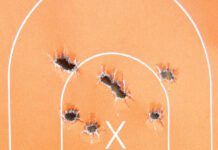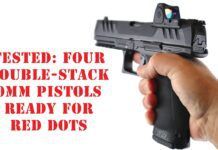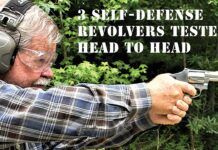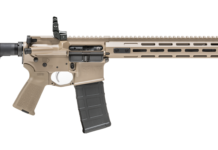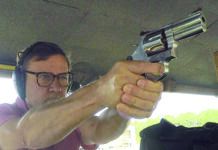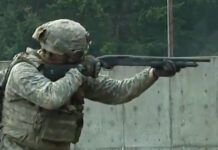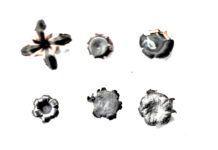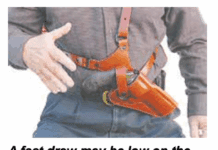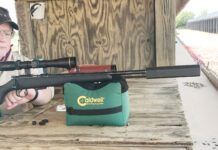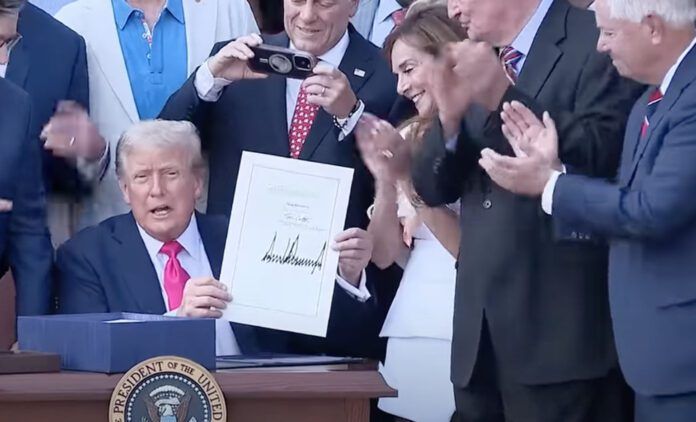The budget reconciliation bill, which President Trump calls the “One Big Beautiful Bill Act” and which he signed on July 4, 2025, had a couple of gun measures that are worth noting:
- Repealing the $200 National Firearms Act tax on manufacturing or transferring suppressors;
- Repealing the same tax on short-barreled rifles;
- Repealing the same tax on short-barreled shotguns, and
- Repealing the same tax on Any Other Weapons, or AOWs.
The language that zeroes out the taxes on most NFA items takes effect on January 1, 2026.
However, the devices will remain under control and regulation of the NFA. The new law does not address ownership or taxes on machine guns or destructive devices. A draft of the bill sent from the House removed suppressors and short-barreled firearms from NFA registration requirements as well, but the partisan Senate Parliamentarian ruled the registration removals could not stay in the bill.
A joint statement from the Second Amendment Foundation, Firearms Policy Coalition, National Rifle Association, and the American Suppressor Association said, “By eliminating the excise tax on these NFA items, the OBBB will not only lift the heavy burden of an unconstitutional tax from the backs of hard-working Americans, it will also serve as a critical step toward our ultimate goal of dismantling the NFA once and for all.”
The reconciliation bill brings U.S. suppressor laws in line with a number of European countries. However, some domestic politicians, such as Senator Chris Murphy (D-CT), opined that suppressors will make gunshots silent. “No one will be able to hear the gunshots,” he said. Suppressors normally cut down sound levels by 25 to 30 decibels, not 100 to 120 decibels that gunshots often produce.
Murphy also claimed that suppressors make mass public shootings deadlier. However, between January 1, 1998, and December 31, 2024, only two of 104 mass public shootings involved suppressors, according to Dr. John Lott Jr. at the Crime Prevention Research Center (CPRC). One in 2019 was in Virginia Beach, and one in 2020 was in Milwaukee.
In 2024, Americans legally owned 3.54 million suppressors — up from 2.66 million in 2021, according to CPRC figures. Despite how easy suppressors are to make, they almost never appear in crimes. ATF has only recommended prosecution for about 44 suppressor-related crimes per year over the past decade, or 0.003% of registered suppressors being used in crimes each year.
Even though the reconciliation bill passed, eight states will still ban the ownership of suppressors, California, Delaware, Hawaii, Illinois, Massachusetts, New Jersey, New York, and Rhode Island. Transporting suppressors through these states is also illegal.



